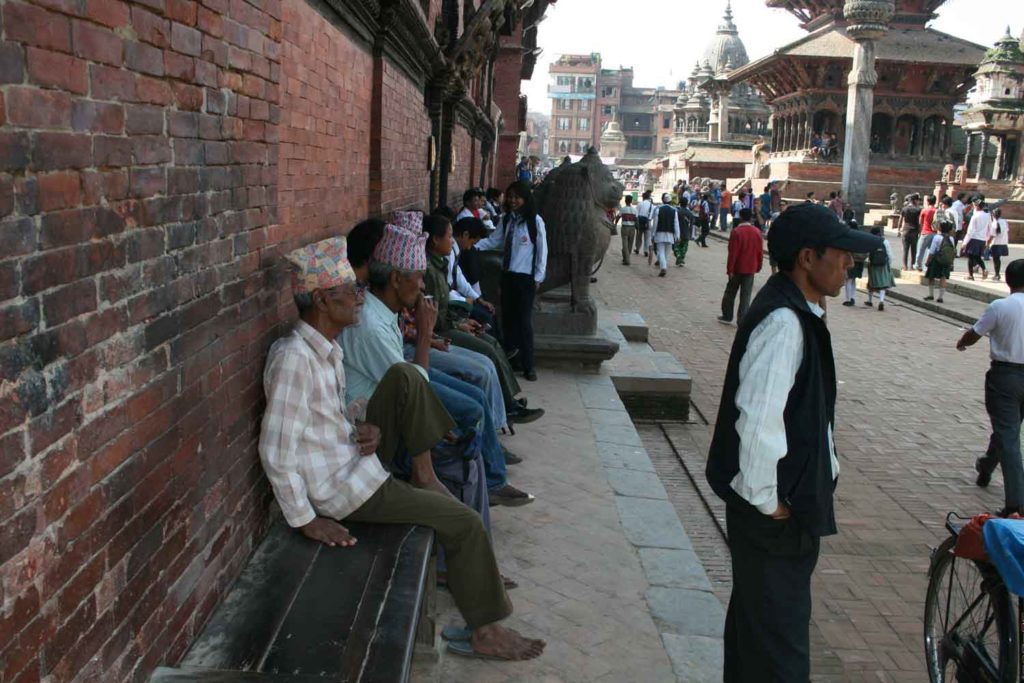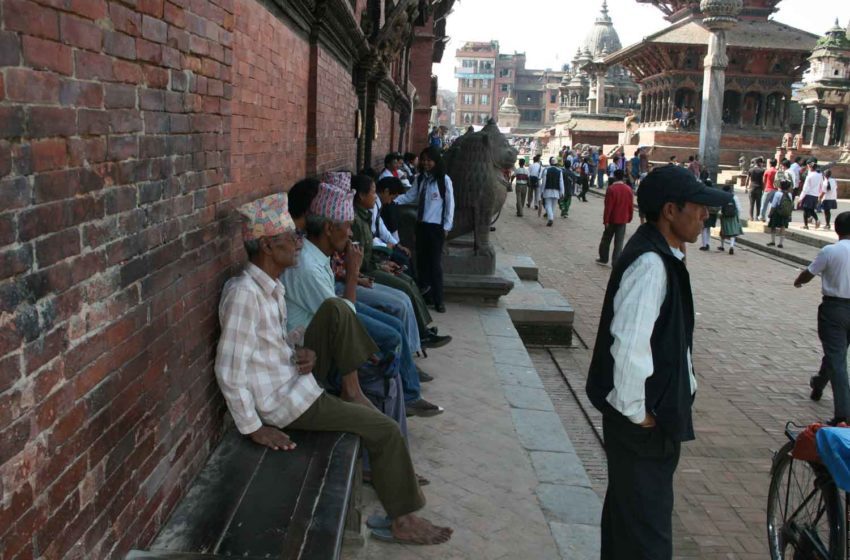
The Janakpur Cigarette Factory (JCF) in Nepal has called an annual general meeting on Jan. 9 to explore the possibility of restarting production, reports My Republica.
Built in 1965 as a gift from the Soviet Union, the factory grew into a local market leader but then withered away due to competition, political interference and mismanagement. Unwilling to shoulder the financial burden, the government closed JCF in 2013.
The Ministry of Finance recently created a task force led by to resume production at the factory. The panel, among other things, has been tasked to estimate the cost of operating the factory.
The primary goal of the Jan. 9 is to settle the financial liabilities incurred by JCF since fiscal year 1999-2000.
This is not the first time the government of Nepal has attempted to resume production at JCF. In 2011, a study panel formed under Joint Secretary Ramesh Sthapit also underscored the possibility of bringing the factory back to life, but no action was taken.
A 2015 plan to restart operations similarly failed.
According to government records, JCF owns land and buildings in 26 locations. The factory’s properties are valued at more than NPR8 billion ($66.66 million).

